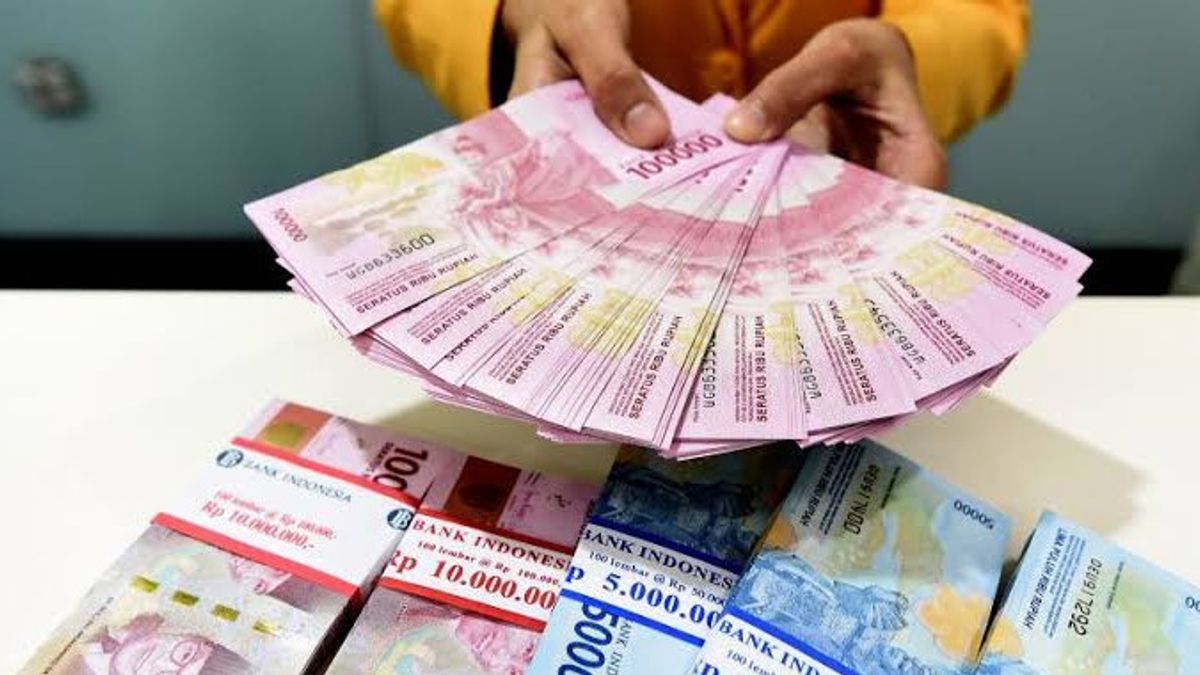JAKARTA - The Indonesian Ombudsman assesses that access to People's Business Credit (KUR) from banks for micro, small and medium enterprises (MSMEs) is still not optimal.
Member of the Indonesian Ombudsman, Dadan S Suharmawijaya, said that this could be seen from data on public complaints at the KUR complaints post organized by the Indonesian Ombudsman and the Ministry of Cooperatives and SMEs (Kemenkop UKM).
To date, it is recorded that as many as 47 percent of the public do not have certainty about their KUR application.
"KUR realization is still relatively low, partly because Minister of Cooperatives Regulation Number 1 of 2023 was only issued on January 27, 2023, so there should be no distribution before January 27, 2023. Then, the tiered changes in KUR interest rates have caused changes to the banking system and the system. Credit Information Program (SIKP)," said Dadan at a press conference in Jakarta, Monday, October 2.
"So, distributors experience delays in distributing KUR," he added.
Dadan assessed that banking employees in the field gave the impression of putting MSME actors second in their KUR applications by not providing certainty.
"There are findings in the field based on complaints from the public, that they seem to be secondary in applying for KUR in contrast to commercial credit borrowers. For example, this reporter felt that his application was difficult, and credit approval took a long time," he said.
The Indonesian Ombudsman itself has received 80 requests for information or public consultation and 19 complaints.
This is based on public complaints from the joint complaints post with the Ombudsman and the Ministry of Cooperatives and SMEs regarding access to People's Business Credit (KUR). The post will be open from August 31 to September 20, 2023.
"The typology of public complaints is dominated by requests for collateral at 53 percent, there is no certainty regarding the follow-up to KUR applications at 37 percent, and the public feels difficulties in applying for KUR at 10 percent," said Dadan.
SEE ALSO:
On the same occasion, Deputy for Micro Business at the Ministry of Cooperatives and SMEs, Yulius, responded to public complaints regarding collateral.
Yulius said that the regulations do not require collateral in the KUR application. However, he said, people whose KUR applications were rejected because even though there was no collateral, the banking sector took into account the characteristics of the prospective borrower.
"We will evaluate whether the regulations regarding KUR are being implemented properly in the field," he added.
The English, Chinese, Japanese, Arabic, and French versions are automatically generated by the AI. So there may still be inaccuracies in translating, please always see Indonesian as our main language. (system supported by DigitalSiber.id)
















